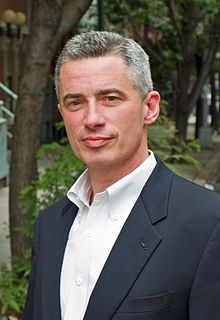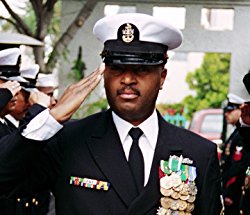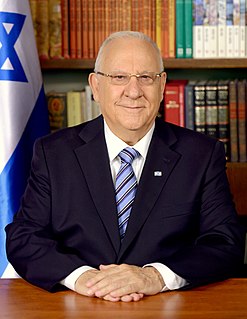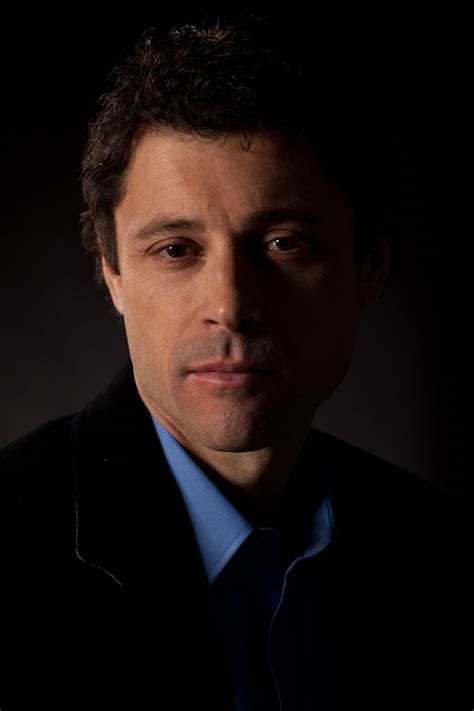A Quote by Alex Gibney
Dialogue between people of differing views is critical for fostering understanding in a democracy.
Quote Topics
Related Quotes
You know, this dialogue is only helpful when we come, both of us, to a point where we realize that no dialogue is possible, that no dialogue is necessary. When I say understanding or seeing, they mean something different to me. Understanding is a state of being where the question isn't there any more. There is nothing there that says, "Now I understand!" That's the basic difficulty between us. By understanding what I am saying, you are not going to get anywhere.
The capitalistic social order, therefore, is an economic democracy in the strictest sense of the word. In the last analysis, all decisions are dependent on the will of the people as consumers. Thus, whenever there is a conflict between the consumers' views and those of the business managers, market pressures assure that the views of the consumers win out eventually.
If you've got on the one hand death, dogmatism, domination, and on the other you've got desire in the face of death, dialogue in the face of dogmatism, democracy in the face of domination, then philosophy itself becomes a critical disposition of wrestling with desire in the face of death, wrestling with dialogue in the face of dogmatism, and wrestling with democracy, trying to keep alive a very fragile democratic experiment.
There's the ambiguity of human relationships, for instance. A relationship between two people, just like a sequence of words, is ambiguous if it is open to different interpretations. And if two people do have differing views about their relationship - I don't just mean about its state, I mean about its very nature - then that difference can affect the entire course of their lives.
A key difference between a dialogue and an ordinary discussion is that, within the latter people usually hold relatively fixed positions and argue in favor of their views as they try to convince others to change. At best this may produce agreement or compromise, but it does not give rise to anything creative.






































